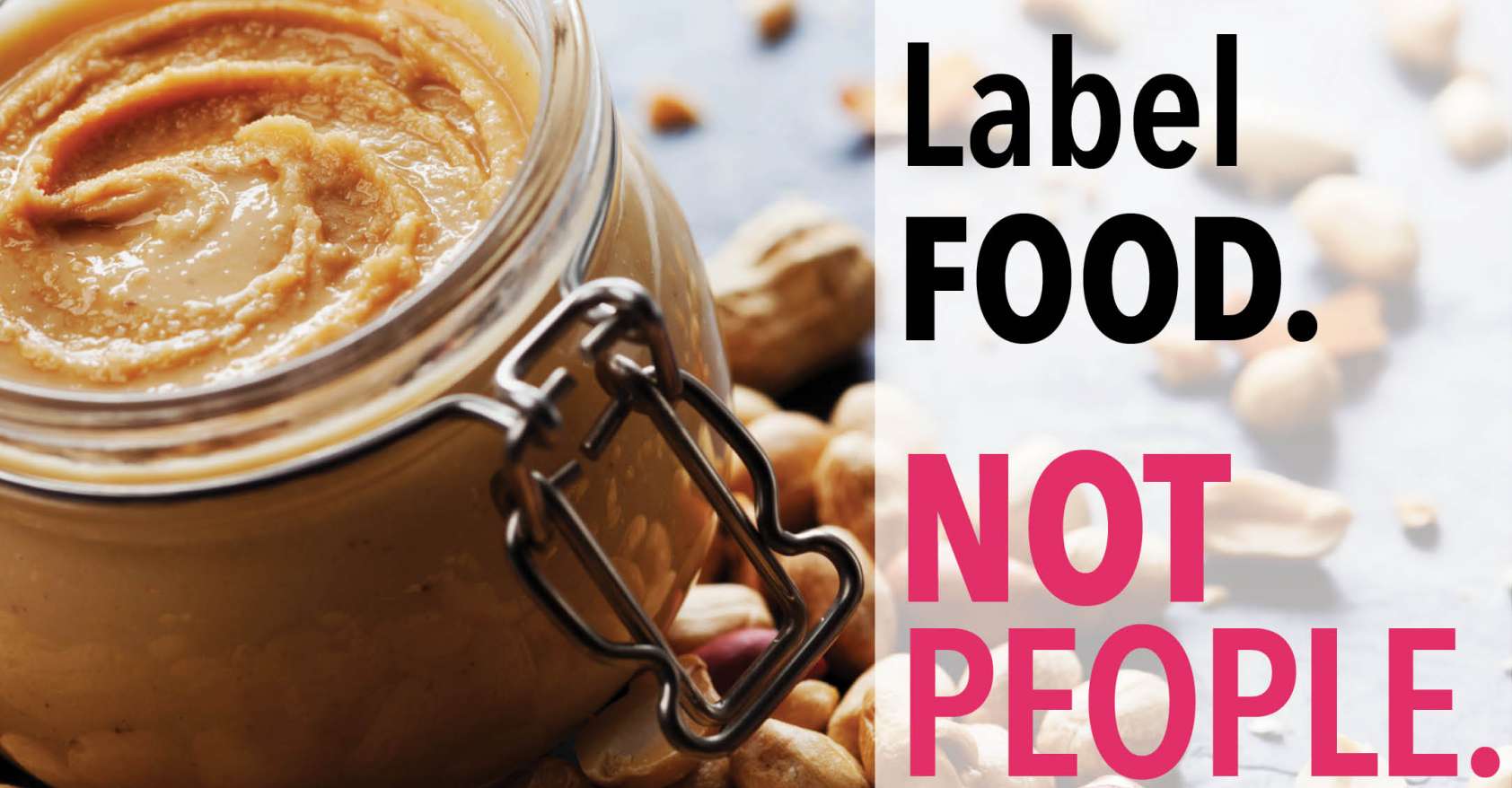Attendee dietary and disability needs data need protection too. How are you protecting it?


Attendee dietary and disability needs data need protection too. How are you protecting it?

On Human Rights Day, let’s not forget that life, liberty, and the pursuit of happiness rest on even more basic human rights — including access to healthy, nourishing food.

World Food Day is Dedicated to Promoting Healthy Diets and Efforts to End Hunger Worldwide Meeting and event professionals generally think in terms pleasing discerning palates when planning event food and beverage needs, not ending hunger. Sure, attendees may get a tad peckish if the general session runs into the coffee break time, but serious, stomach-growling hunger tends to be a pretty rare thing. In fact, it’s much more likely you’ll have heaping platters of food going uneaten at the end of the buffet than it is to hear anyone complain that there wasn’t enough to go around. If only…

J.D.’s lawsuit centers on discrimination because of his food allergy. He felt that there were no reasonable accommodations made for his disability.

October is Disability Employment Awareness Month – a time where we recognize the contributions of people with disabilities in our workforce. It’s also the opportune time to educate ourselves on how to be more accommodating for our colleagues and coworkers who may have a disability. It’s been 10 years since the Americans with Disabilities Act (ADA) was amended in 2008, but educating employers and employees alike about the changes has proven to be a long and difficult process. Whether a CEO, an HR professional, an event professional or a manager, you should know that individuals with food allergies, celiac disease…

How to Make it Easier for Those with Dietary Needs to Eat Safely & Feel Included As we (i.e., me and my U.S.-based readers) celebrated 242 years our country’s independence this week, I got to thinking about the words independence and freedom, how they relate to food and beverage, and what I do to promote safe and inclusive food environments. By Merriam-Webster’s definition, independence, in the simplest of terms, is “the quality or state of not being under the control of, reliant on, or connected with someone or something else.” And the definition of freedom is “the absence of necessity, coercion, or constraint in choice…

With more and more states legalizing marijuana, your next event might be held in a state where it’s legal—and if that’s the case, you better believe that some event attendees will want to get high. There’s a lot to learn about the topic before allowing cannabis at your event, but I’ve compiled the basics to get you started. [list icon=”icon: check-square-o” icon_color=”#d81c5c”] As of January (when Vermont signed on), recreational marijuana use is legal in nine states: Alaska, California, Colorado, Maine, Massachusetts, Nevada, Oregon, Vermont, and Washington. In Vermont and the District of Columbia, it’s legal but, you can’t buy…

By now, many are aware of some of the difficulties those with dietary restrictions face on a daily basis. Those with food allergies and intolerances not only face an intolerance to some foods and ingredients, but face intolerance by others for their invisible disability.

We know what disabilities are, and I discussed invisible disabilities in, “Thrive! With Invisible Disabilities, Part One.” In part two, I want to chat about some of the behaviors and concepts that will help illustrate dietary restrictions and invisible disabilities. As a reminder, invisible disabilities are also called hidden disabilities because they are restrictions that aren’t clearly visible or apparent. Food allergies and intolerances are included when we talk about invisible disabilities because, just like asthma, arthritis, and other conditions, diseases, and dysfunctions, we can’t see the challenges those with invisible disabilities may be experiencing. The Americans with Disabilities Act…

If you’ve been enjoying this series, make sure you are up to date on all previous installments: Lessons for Human Resources Professionals: The Care and Feeding of Employees – Part One » Lessons for Human Resources Professionals: Health and Wellness Programs – Part Two » Lessons for Human Resources Professionals: Supporting Employees Dietary Needs – Part Three » Legal Implications Any good human resources professional understands that fostering a safe and inclusive workplace is good business—but in some cases, it is also the law. The Rehabilitation Act of 1973 prevents discrimination on the basis of a disability in programs and…